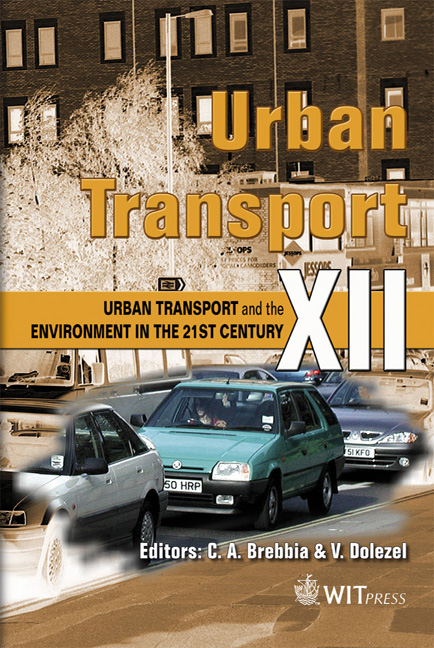Enhancing Service Quality In Public Transport Systems
Price
Free (open access)
Transaction
Volume
89
Pages
9
Published
2006
Size
402 kb
Paper DOI
10.2495/UT060811
Copyright
WIT Press
Author(s)
G. Beirão & J. Sarsfield Cabral
Abstract
Public transport systems face the challenge of attracting users to fight the lost in market share, mostly due to the increasing use of private cars. Therefore, the concepts of ‘quality’ and ‘customer’ must change and the focus must be on meeting people’s needs. At the same time, transport systems should be flexible enough to respond to changes in people’s requirements and needs. Thus, the aim for public transport must be enhancing quality of the service. This requires a clear understanding of travel behaviour and consumer needs and expectations. Accordingly, there is an increasing awareness of the importance of including service quality indicators and quality specifications in contracts between operators and public transport authorities. The development of quality measures in the designing of contracts for public transport raises important aspects that must be considered. This paper examines issues concerning the definition of service quality measures for public transport. This will give a better understanding of pertinent questions and of improvement strategies open to public transport management. Next, it outlines some critical aspects that must be considered when including such measures in contracts between operators and public transport authorities. Keywords: service quality, public transport, car, travel behaviour, market segmentation, contracts. 1 Introduction In the last decades the levels of mobility have increased substantially in all European countries (MOTIF [1]). This raises concern about increasing car use growth and the implications of this in terms of congestion and pollution. Another important feature to be considered in decision making concerning transport is the
Keywords
service quality, public transport, car, travel behaviour, market segmentation, contracts.





